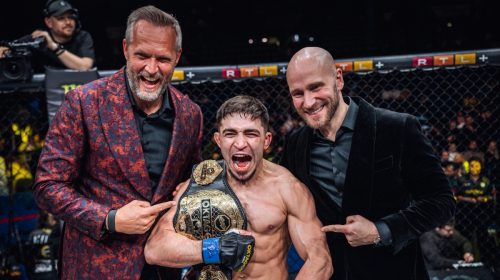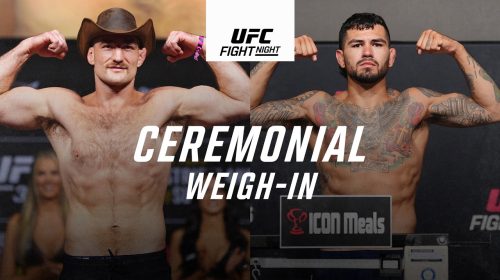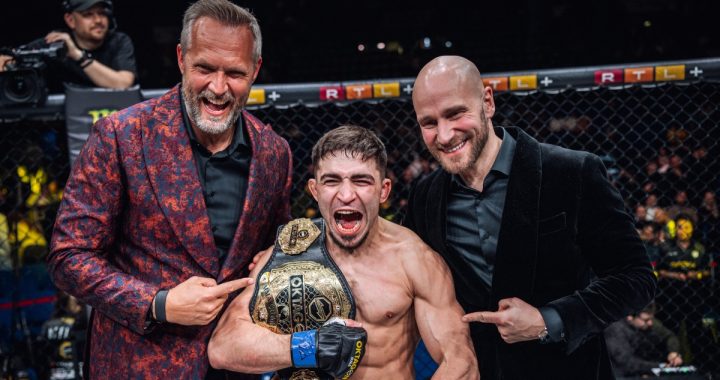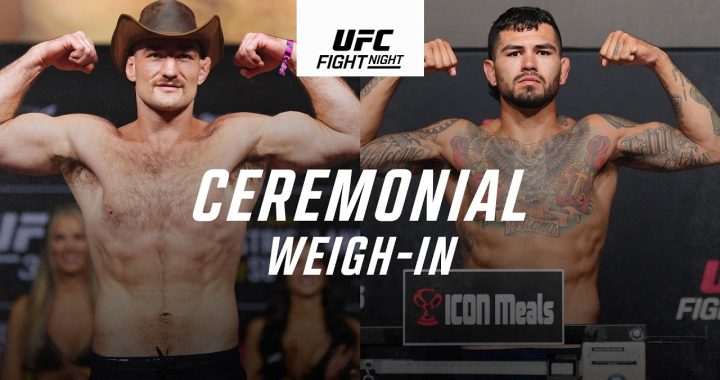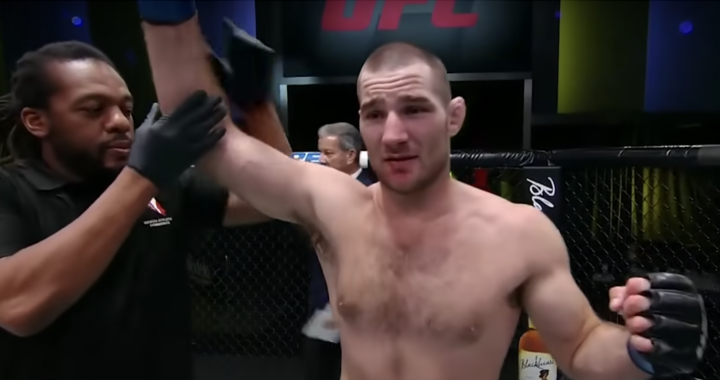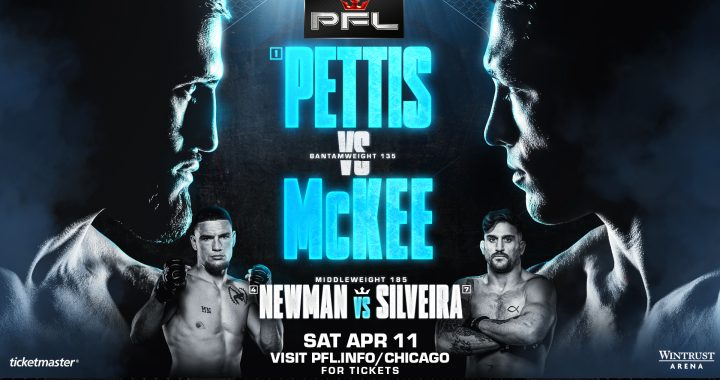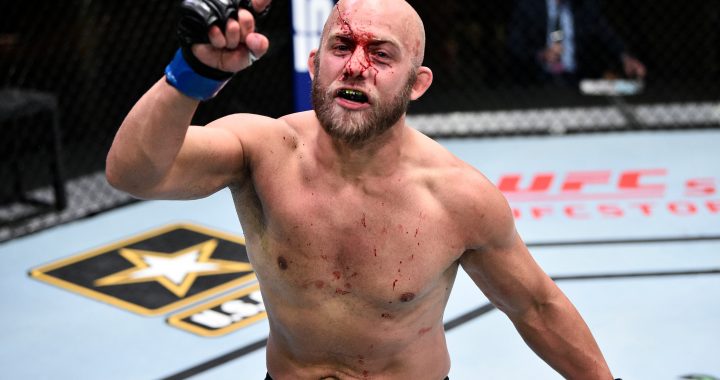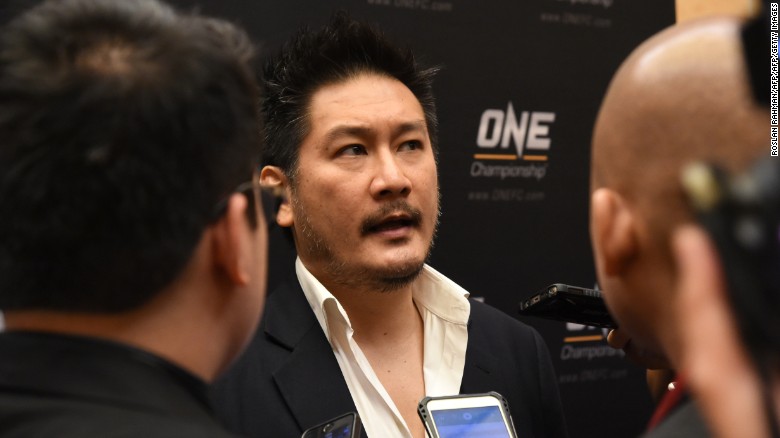
Though managers like the idea of One Championship’s Agent Certification program, they want to take a ‘wait and see’ approach
New agent certification program draws concern
On April 29, One Championship announced an agent accreditation policy to help protect their fighters. In the press release, Chatri Sityodtong, Chairman and CEO of One Championship, said: “For as many decades as I can remember, agent and manager fraud has always been a big problem in Asia. ONE Championship aims to create a healthier, happier, and safer environment for our athletes both in and out of the arena.”
In a separate Facebook post, Sityodtong stated that: “Effective immediately, any agent or manager who steals from a ONE athlete will receive a lifetime ban.”
To be eligible for certification, agents must meet the following criteria:
- Currently a resident in Asia for at least one (1) year
- No prior criminal record
- No history or current ongoing matters of legal or lawsuit activity with any athlete
- A minimum of 10 years of related experience in the martial arts industry
- Must possess a College or University Degree
In that same Facebook post, Sityodtong compares the policy to that of the NFL and MLB. However, both differ because the certification program and the agents themselves are overseen by the players association, which fighters don’t have.
Requirements for NFL agent certification are:
- Non-refundable Application fee of $2,500.00
- Undergraduate AND Post Graduate degree (Masters or Law) from an accredited college/university (see FAQs)
- Authorization to perform a background investigation
- Mandatory attendance at a 2019 two (2) day seminar in Washington, D.C.
- Successful completion of written multiple choice proctored examination
- Valid email address
While a certification program is not unique to sports, it is unique that an organization running the sport, and not a player’s association who works for the athletes. Typically, the player’s association is in charge of it so the organization does not hold leverage over an agent and player while negotiating.
However, this is the first known agent certification process in mixed martial arts and there are certainly kinks to work out. Outside of this policy, anyone can legally represent a fighter, no qualifications. Often times, it’s a friend, coach, gym owner or a lawyer representing a fighter, with a few structured agencies in the mix. Some athletic commissions do give licenses to managers but isn’t clear what that does for a manager or what power the commissions have over the managers (The Massachusetts Athletic Commission was contacted for comment for this story but has not responded as of time this story was published)
Daniel Rubenstein, founder of RubySE and manager of many well-known fighters including Raphael Assuncao, Michael Chiesa and Jessica-Rose Clark is intrigued by the policy but believes there still things that need to be worked out.
“I think in theory, it’s a great idea, but the way that One is trying to institute it, seems like it borders on conflicts of interest.”
One of the main sticking points is regarding the requirement for agents to live in Asia for one year. Tyson Chartier, founder of Top Game Management (Chartier was also a certified NFL agent before letting it lapse) believes that will rule out a lot of great managers
“I get that they are going to have a certification process, which I’m actually all for. But I don’t understand the whole, you have to live in Asia. That seems to me more of an ulterior motive than trying to help the fighters. I don’t know if there is more to it, maybe that’s why. But it just seems like you’re going to rule out a log of good managers. I don’t have anyone contracted with One right now but I do have some young fighters that ultimately, that’s where they’d like to land if the stars align. I had one fighter text me today saying “so this is out of the cards huh?” I said, not necessarily, let’s just see how this plays out cause there is probably more to the story than we really all know.”
In his separate Facebook post, Sityodtong stated that: “exceptions to the criteria will be made on a case-by-case basis.”
In an interview with MMA Junkie, Malki Kawa who orchestrated Demetrius Johnson’s trade to One said that he heard there will be exceptions made to work with some non-Asian residents and he believes he is one of them.
There already seem to be ways to work around the Asia-resident rule. Though not done in good faith, a fighter can represent themselves and create a separate email that their agent operates. Or agents can partner with agents who already live in Asia as Rubenstein does. However, Rubenstein does not see that path as viable for many agents.
“I don’t think just hiring someone in Asia is the solution. My guess is that criteria will get dropped or One will make exceptions for the big-time managers. Imagine Malki not being able to manage DJ because he lives in Florida instead of Asia. Malki did the deal, he’s the entire reason that DJ is there, but he can’t manage him?”
The case by case basis in which One will grant exceptions is also a slippery slope according to Chartier.
“I think that exceptions can be made on a case by case basis, that definitely leaves room for conflict of interest. Cause then it’s up to the promotion, its their sole discretion on whether you keep your certification, so ultimately, they can leverage you, or strong arm you into doing anything that is better for them and maybe not the fighter. It puts the agent in an impossible spot depending on how they treat that. If I go in there and get a certification and then I know that they can take it away at any time, how hard am I really going to push to get my fighter what he or she deserves because at any time they can revoke my membership.”
Jason House, CEO of Iridium Sports Agency, which he founded in 2009, is licensed by the NFL and currently represents the likes Isaiah Irving of the Chicago Bears, and Joshua Crockett of the Kansas City Chiefs in addition to his MMA clients, thinks it will be key to see how One separates the certification process with their negotiating process.
“Its definitely an interesting situation, it’s something that hasn’t been done before in professional sports. So I mean, you definitely have to wonder how does it work, are we able to keep those two things separate, our dealings with the promotion and how that will affect our licensing and our accreditation.”
The most important issue for House is that he wants the process to be objective and not subjective.
“You want it to be a very black and white type of situation, you don’t want to have grey get involved in this where they get to pick and choose who has accreditation.”
Quite frankly, it’s about ensuring equal opportunities for the fighters.
“I’ve had good dealings with One, really enjoy One and the product they produce, very happy to be working with them,” said House. “For me, I just want to have equal opportunities for my clientele.”
Another factor to consider in this conversation is that One has their own agency, called One Elite Agency. Rubenstein said he is concerned that it creates unfair scenarios to agents outside of One Elite Agency.
“I think One having their own agency is a huge conflict of interest. The way I see it playing it, is it driving a wedge between fighters signed with One and their current management. Imagine me, as an agent with my own agency, not being able to get a deal done with One because they won’t respond to me or I can’t get my fighter the fights they want, but fighters signed to One’s in house agency getting all the title fights and big-name fights. If you’re a fighter, where are you gonna go?”
Because MMA is a worldwide sport and there is no singular entity that governs the sport or one entity that all fighters fight under, it creates a scenario where it is possible that every promotion can have their own certification process. There also isn’t a singular commission governing fighters in the United States, so each commission would have to have their own certification process. House spent the day trying to figure out how a nation or worldwide certification would work.
“It’s something I’ve been thinking about all day today (4/29) about how that would play itself out. If there will be accreditation from each organization, if the commissions will do it. Maybe the governing body, the ABC, the national MMA ID, maybe they would do it. That’s the million dollar question.”
Rubenstein, Chartier and House all agree that there needs to be a guideline and a certification for agents/managers in mixed martial arts and though they are waiting to see how One’s policy works itself out, as Chartier puts it, it’s a step in the right direction.
“I like the idea of an approval process; I think it sets a good precedence. Hopefully then we can figure out something similar stateside to at least have some loose guidelines on behavior because right now it’s a lot of poaching, a lot of crap talking. There are some really professional guys but there are a few sour apples that make it frustrating to stay positive.”
“I think the biggest thing is, my stance is that I do like the direction that there is some type of approval process, but I think they just need to nail it done, to make it a little more… with the spirit of what their intention was, maybe it didn’t come across in how they phrased it. I’m hoping that it will all be worked out and it will raise the bar for managers to step their game up and then hopefully it has an effect on mangers here too, where managers over here will start acting a little bit more professional too. That’s not saying a lot of them don’t because a lot of them are great, but I just think we can have a code of conduct we can all go by. It’s a big enough pool, we can all swim in it.”
One Championship was contacted for comment but did not respond.
